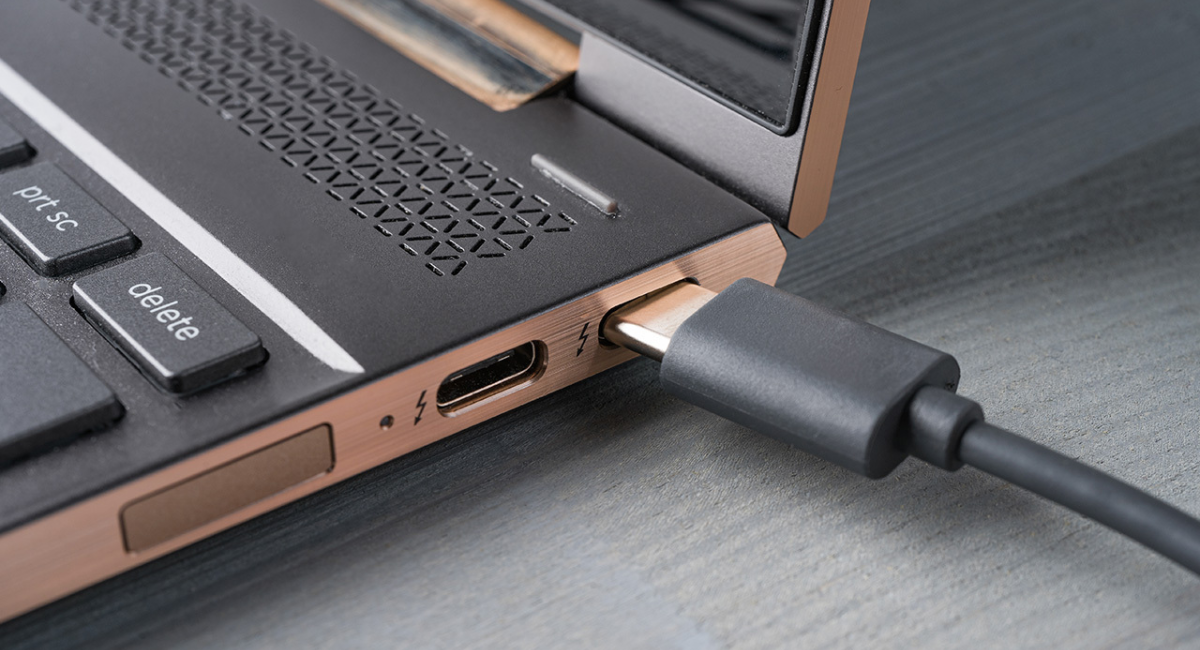Laptop battery performance is crucial for uninterrupted productivity and mobility. Over time, laptop batteries may experience decreased capacity and shorter runtimes. In this article, we will explore common issues that affect laptop battery performance and provide tips for repairing and enhancing its functionality.
Common Battery Issues:
- Reduced Battery Capacity: Over time, laptop batteries naturally degrade, resulting in reduced capacity. This leads to shorter battery life and the need for more frequent recharging.
- Battery Not Holding a Charge: Sometimes, a laptop battery may not hold a charge at all, making it impossible to use the laptop without a direct power source.
- Slow Charging: If your laptop battery takes an unusually long time to charge or doesn’t reach full capacity, it can impact productivity and mobility.
- Inconsistent Battery Percentage Reporting: Some laptops may exhibit inaccurate battery percentage reporting, leading to unexpected shutdowns or misleading battery life estimates.
Repair and Enhancement Tips:
- Calibrate the Battery: Calibrating the battery can help recalibrate the battery’s capacity and improve its accuracy in reporting the remaining charge. To do this, fully charge the battery, then allow it to discharge completely before recharging it again. Repeat this process periodically to maintain accurate capacity readings.
- Optimize Power Settings: Adjust your laptop’s power settings to optimize battery life. Lower the screen brightness, enable power-saving mode, and adjust the timeout settings for the display and hard drive. These adjustments can significantly extend battery life.
- Remove Background Processes: Identify and close unnecessary background processes that consume power. Task Manager or Activity Monitor can help you identify resource-intensive applications or processes that can be closed to reduce battery drain.
- Update Device Drivers and Firmware: Keeping your laptop’s device drivers and firmware up to date ensures compatibility and optimal performance. Check the manufacturer’s website or use automated software tools to identify and install the latest updates.
- Replace the Battery: If your laptop battery no longer holds a charge or its capacity is significantly reduced, consider replacing the battery. Contact the laptop manufacturer or authorized service centers to obtain a genuine replacement battery for your specific laptop model.
- Avoid Extreme Temperatures: Extreme temperatures can negatively impact battery performance. Avoid exposing your laptop to high heat or cold environments as it can affect the battery’s chemistry and capacity. Store and use your laptop in a temperature-controlled environment whenever possible.
Conclusion:
Repairing and enhancing laptop battery performance can significantly improve the overall usability and productivity of your laptop. By following the tips mentioned above, such as calibrating the battery, optimizing power settings, and updating device drivers, you can extend the battery life and address common battery-related issues. In cases where the battery is severely degraded, replacement may be necessary. Remember to always refer to the manufacturer’s guidelines and seek professional assistance if needed for complex repairs or battery replacements.




Leave a Reply